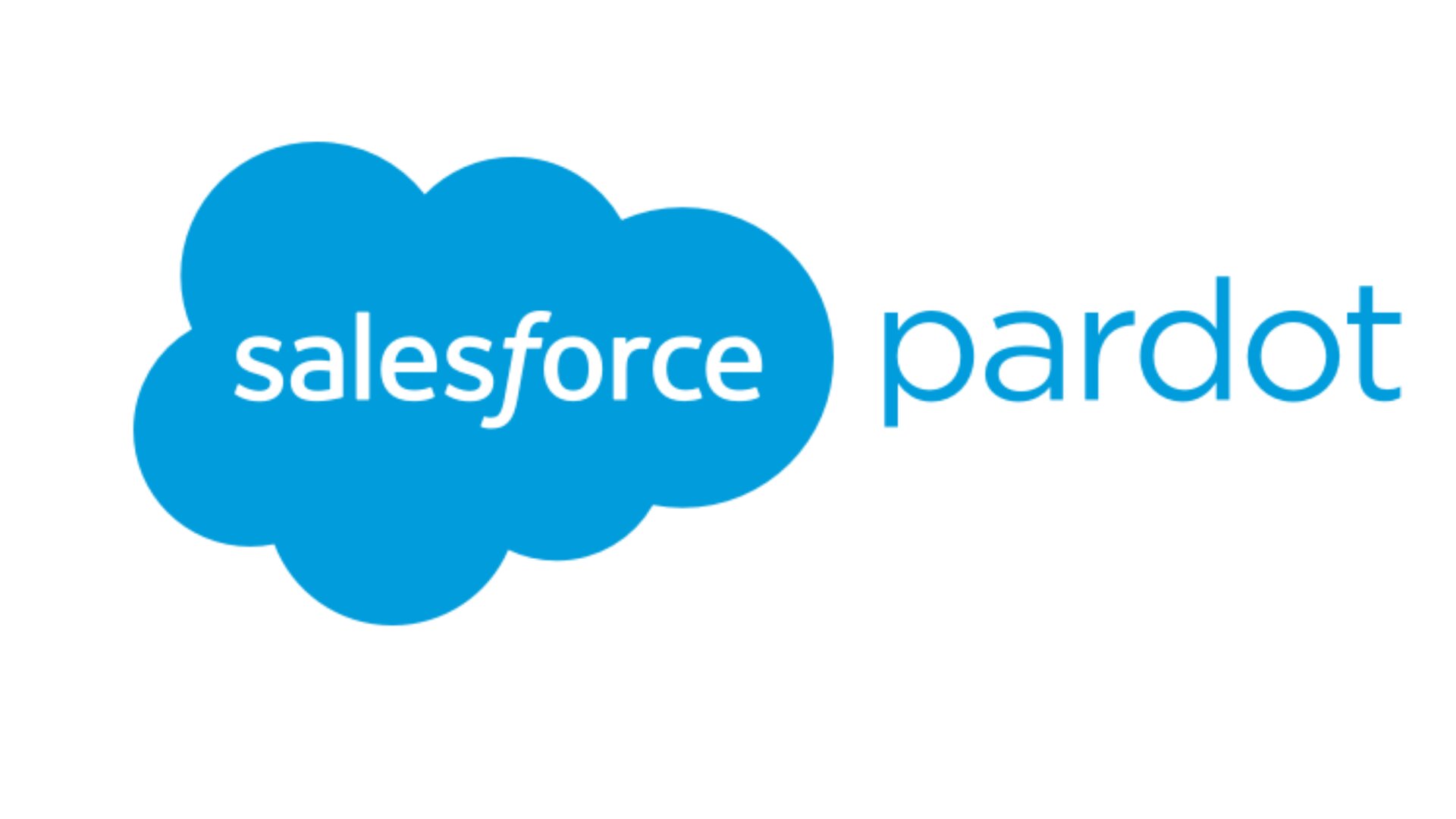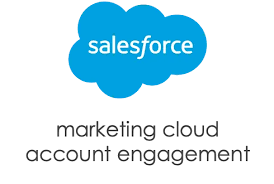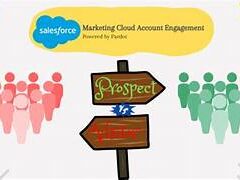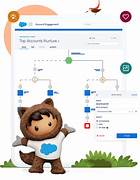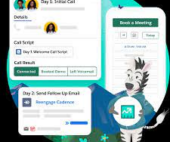Pardot Rebranded. Rebranding in April 2022 led Pardot to become “Marketing Cloud Account Engagement,” with distinct licensing and technical architecture from Marketing Cloud. Consider using Marketing Cloud if your organization has transactional purchases, compiles extensive behavioral data, needs to segment contacts using diverse datasets, has a tech-savvy marketing team, and a budget for investment.
Marketing Cloud Account Engagement use cases are covered here.
What is Pardot used for?
Pardot rebranded as Marketing Cloud Account Engagement, is a marketing automation and lead generation tool from Salesforce. It helps marketers identify prospective customers and convert them into actual customers.
How is Pardot different from Salesforce?
Pardot has more advanced features for launching and managing email marketing campaigns as well as some social media functionalities, although it doesn’t cover all social platforms. In addition, Pardot includes lead scoring as a standard feature that Salesforce Marketing Cloud doesn’t provide.
Why do we need Pardot?
Why do we need Pardot? Pardot is essential for optimizing B2B marketing efforts, automating tasks, nurturing leads, and providing in-depth analytics, ultimately improving overall marketing efficiency.
Why we use Pardot in Salesforce?
Accurate Data Collection & Insights: Pardot integrates with Salesforce to give companies access to more accurate data and insights about their leads. It helps businesses to mainly focus on the leads that are most likely to convert and make better judgments about their marketing initiatives.

